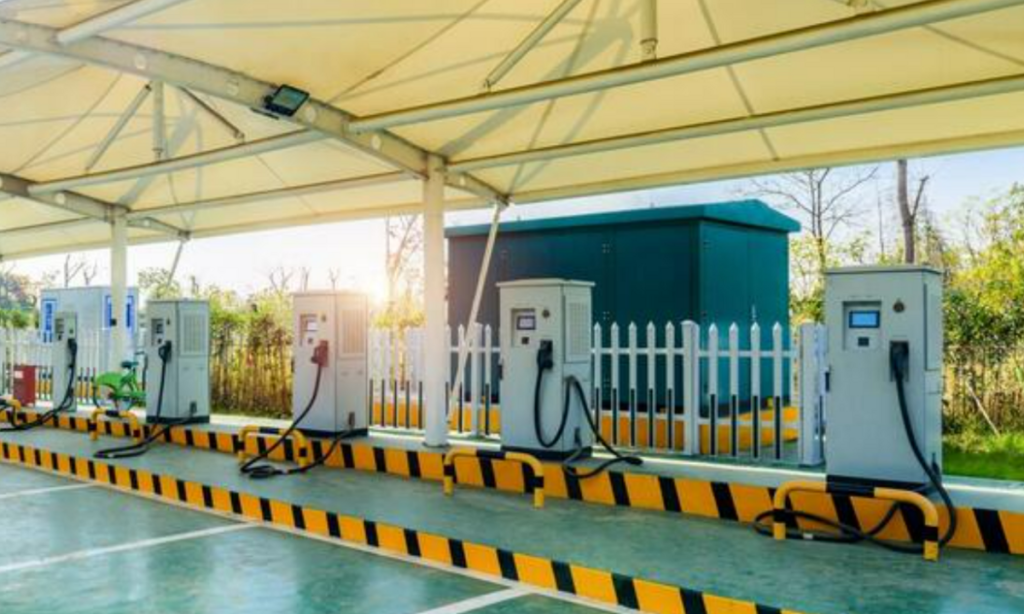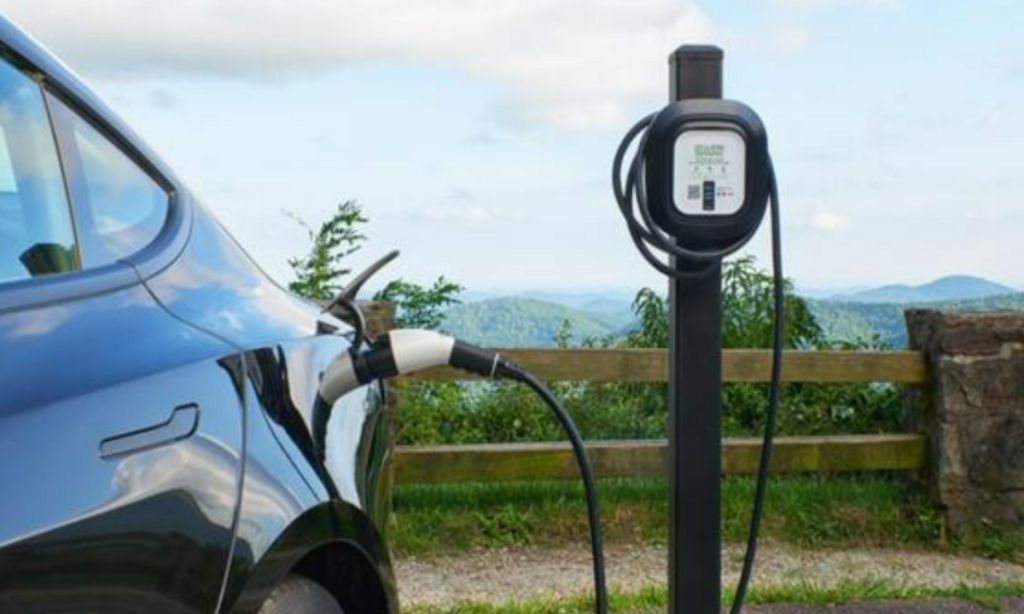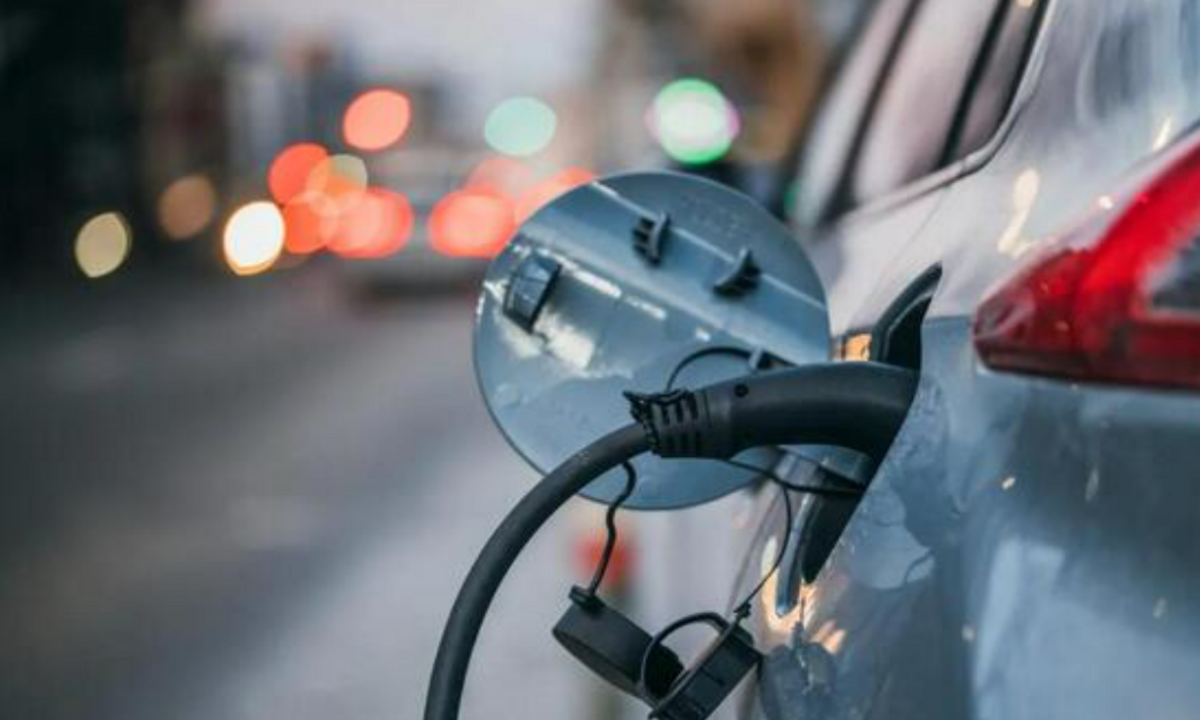Georgia is making significant strides in electric vehicle (EV) adoption, positioning itself as a leader in the Southeast U.S. The state is introducing various incentives, rebates, and infrastructure expansions to promote clean transportation and encourage residents to switch to EVs.
Key Incentives for EV Owners
Although Georgia does not currently offer state-level tax credits for electric vehicle purchases, it provides several incentives through local utility companies and rebate programs. These initiatives aim to reduce the cost of EV ownership and make it more affordable for consumers.
Utility Rebates: Several utilities, including Carroll Electric Membership Cooperative, Snapping Shoals EMC, and Tri-County EMC, offer energy bill credits to EV owners. Carroll EMC’s “Drive Free for a Year” program, for instance, provides $30 in monthly credits for the first year, totaling up to $360 in savings.
HOV Lane Access: EV drivers can use high-occupancy vehicle (HOV) and high-occupancy toll (HOT) lanes, saving time and money on daily commutes.
Home Charger Rebates: Residents can receive rebates for installing Level 2 EV chargers at home. Georgia Power offers up to $150 for charger purchases, while Carroll EMC provides up to $250 for installations.

Support for Businesses Installing EV Charging Stations
Georgia is also encouraging businesses to invest in EV infrastructure by offering financial incentives for installing charging stations.
Tax Credits: Businesses can claim up to $2,500 in tax credits for installing Level 2 or DC fast chargers.
Utility Rebates: Georgia Power, Cobb EMC, and Sumter EMC offer rebates to help offset installation costs. Georgia Power provides up to $250 per kWh for Level 2 chargers and $100 per kWh for DC fast chargers, with an annual cap of $40,000 per business.
Time-of-Use Pricing: Companies can lower their electricity costs by utilizing time-of-use (TOU) programs, which offer reduced rates during off-peak hours.
Public EV Charging Expansion
Georgia is rapidly expanding its EV charging infrastructure, with nearly 2,000 public charging locations and over 5,000 charging ports statewide. The state is also set to receive $135 million in federal funding through the National Electric Vehicle Infrastructure (NEVI) program, ensuring better access to charging stations, especially in underserved areas.
Public Charging Costs:
Level 2 chargers: $0.50 to $0.70 per hour
Level 3 DC fast chargers: Around $0.49 per kWh
Free charging stations: Some cities, like Blakely, offer free public charging options
While public charging is becoming more accessible, home and workplace charging solutions remain crucial for EV owners. The expansion of infrastructure aims to minimize long wait times and outages at public charging stations.

Georgia’s Role in EV Manufacturing
In addition to infrastructure growth, Georgia is emerging as a key hub for EV production. Major companies like Kia, Rivian, and Hyundai are establishing EV manufacturing facilities in the state, boosting job creation and economic growth. This move strengthens Georgia’s commitment to fostering a sustainable transportation ecosystem.
Future of EV Adoption in Georgia
With continued investments in infrastructure, utility rebates, and policy support, Georgia is on track to becoming a model state for electric vehicle adoption. As more residents and businesses take advantage of these incentives, EV ownership is expected to rise, contributing to a cleaner and more efficient transportation network.
Disclaimer—Our team has checked this article to ensure its accuracy and eliminate any misinformation. We are committed to providing clear and reliable information for our readers.




